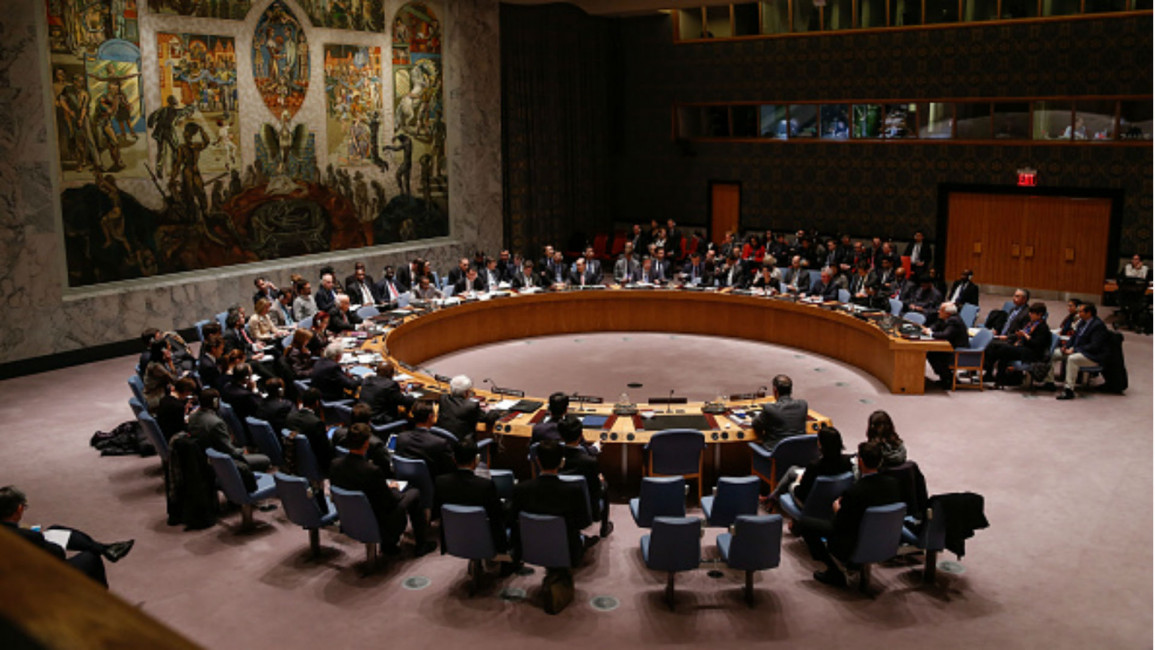Palestine will join ICC in April, says UN chief
UN chief Ban Ki-moon has accepted the Palestinian Authority's request to join the International Criminal Court, in a move thought to open the way for war crimes cases to be bought against Israel.
The decision grants the Hague-based ICC to open cases from April 1 on crimes committed in the occupied Palestinian territories, despite fierce opposition from Israel and the United States.
Ban notified states that are party to the ICC of the decision late on Tuesday, UN spokesman Stephane Dujarric told AFP.
"The secretary-general has ascertained that the instruments received were in due and proper form before accepting them for deposit," a UN statement read.
Palestinian leader Mahmoud Abbas signed requests to join the ICC and 16 other conventions on December 31, a day after the Security Council failed to adopt a resolution paving the way to full statehood.
Israel has retaliated by freezing some $127 million in tax revenue due to the Palestinian Authority and has vowed to take other steps in response.
The United States has criticised the ICC membership bid as counter-productive and the US Congress is threatening to withhold a further $440 million in aid.
Gaza 'war crimes'
The Palestinians have asked the ICC to look into possible war crimes committed during last year's Gaza war.
| The secretary-general has ascertained that the instruments received were in due and proper form. - UN statement |
Almost 2,200 Palestinians - mostly civilians - were killed in July and August during the 51-day war in Gaza, including more than 400 children, according to UN estimates.
The Palestinian envoy to the United Nations, Riyad Mansour, said a suit could also be filed at the ICC over the construction of Israeli settlements in the Palestinian territories.
The Palestinians were upgraded from observer entity to UN "observer state" in 2012, opening the doors for them to join the ICC and a host of other international organisations.
The move to join the ICC is part of a Palestinian strategy to internationalise their push for statehood, moving away from US-led negotiations that have been the framework for the peace process for decades.
An Arab-backed resolution on ending the Israeli occupation by the end of 2017 was rejected at the UN Security Council last week, but the Palestinians are considering another push at the 15-member council.
The United States and Australia voted against the resolution, but China, France and Russia were among eight countries that voted in favour, just one vote short of the nine required for adoption.
Five countries seen as having a more pro-Palestinian stance began their term at the Security Council this month, potentially giving a new opportunity for the Palestinians to seek support from the powerful body.
Angola, Malaysia, New Zealand, Spain and Venezuela began their two-year stint at the council on January 1, replacing Argentina, Australia, Luxembourg, Rwanda and South Korea.
The Palestinians' next step at the United Nations is to be discussed at a January 15 Arab League meeting in Cairo.
International frustration is growing over the ongoing violence and the failure to restart negotiations that last broke down in April, when US Secretary of State John Kerry led a push for peace.
Several parliaments in Europe have adopted non-binding motions calling for the recognition of Palestine, and Sweden has gone a step further by saying it will recognise it fully as a state.



